How the UK’s fishing fleet has been filleted by the EU
In the last 30 years the UK fleet has almost halved and we’re now a net importer of fish
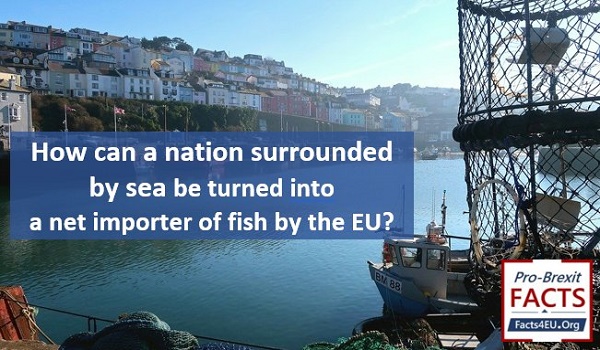
© Brexit Facts4EU.Org 2020
The facts about the EU’s decimation of this once-proud industry of a maritime, island nation
On Tuesday we described the political state of affairs in the Brexit negotiations. This morning at 10.30am, (Thur 04 June 2020), the UK and EU negotiators will have their final chance to agree something on fisheries. The prospects are not looking good for the EU.
Under the EU our fishing industry has been decimated. Below we present facts researched from the UK’s official Marine Management Organisation (MMO) and its official antecedent organisations, from the EU’s official statistics agency Eurostat, and from DEFRA, the government department responsible for fisheries.
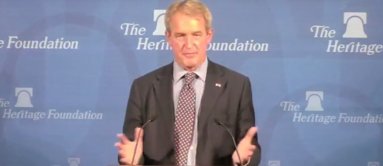
“This idea that the EU must have rights over another country’s resources
even to contemplate free trade is utterly preposterous.”
We also present the comments of the Rt Hon Owen Paterson MP, former Secretary of State and recognised as a British and European expert on fisheries.
What are the UK's and EU's legal positions?
On 01 January 2021 the UK will automatically become an independent coastal state. The UK's 200 mile Exclusive Economic Zone (EEZ) will then apply. The UK will automatically regain exclusive sovereign rights over all waters and resources within its EEZ under the United Nations Convention on the Law of the Sea (UNCLOS).
Without an explicit agreement to the contrary, the EU has no legal right to fish in UK waters after 2020, nor to claim inflated quotas for resources that are predominantly in British waters. It will be forced under international laws and conventions to reduce the amount of fish its member states' fleets can catch in all other waters - dramatically.
The EU's current position is that it is demanding that the UK must “uphold existing reciprocal access conditions, quota shares and traditional activity of the Union fleet.” In other words it wants full and unconditional access to the UK's waters and its fish, exactly as if the United Kingdom were still an EU member state.
Brexit Facts4EU.Org Summary
The EU's impact on our fishing and coastal communities
- In the last 30 years, UK has lost an average of 172 boats per year from the fleet
- That’s an average of more than three boats per week, gone
- In some years, as many as 20 boats per week were mothballed or scrapped
- In all, the UK's fishing fleet has almost halved in 30 years
All of this has happened under
the EU’s Common Fisheries Policy
© Brexit Facts4EU.Org - click to enlarge
How can a nation surrounded by sea be turned into a net importer of fish?
- 1990: UK exported 53% more fish than it imported
- 2018: UK imported 78% more fish than it exported
© Brexit Facts4EU.Org - click to enlarge
How did all this happen? It's called the EU's "Common Fisheries Policy"
Here are some examples of the EU’s “take” of British fish, according to figures from the EU Commission and DEFRA. Of the Total Allowable Catch (TAC) in the southern North Sea, the EU receives:
- 93% of sole, catching 62% in British waters, or 7,750 tonnes
- 88% of horse mackerel, catching 76% in British waters, or 9,576 tonnes
- 91% of herring, catching 81% in British waters, or 221,000 tonnes
What is Boris Johnson’s policy on fisheries?
Responding to a question in the House of Commons on 22 October 2019, the Prime Minister Boris Johnson said:
“I can confirm that we will take back 100% control of the spectacular marine wealth of this country.”
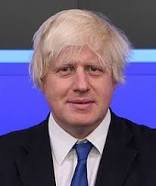
In his Statement of 27 February 2020, Chancellor of the Duchy of Lancaster Michael Gove confirmed that
“As well as concluding a full FTA, we will require a wholly separate agreement on fisheries. We will take back control of our waters as an independent coastal state, and we will not link access to our waters to access to EU markets. Our fishing waters are our sovereign resource, and we will determine other countries’ access to our resources on our terms.”

It’s always a good idea to ask a genuine expert
The Rt Hon Owen Paterson MP was Secretary of State for Environment, Food and Rural Affairs from 2012 until 2014, having been Northern Ireland Secretary before that. This is a man to be listened to on all matters relating to DEFRA business and the N.I. border, unless you have no interest in learning from someone with immense experience and knowledge.
Here is what the Rt Hon Owen Paterson MP told Brexit Facts4EU.Org about the CFP
“Of all the environmental damage that European Union policy has done, perhaps the worst has been to fisheries.
“It is a system that has forced fishermen to throw back more fish dead into the sea than they have landed. It has caused substantial degradation of the marine environment.
“It has destroyed much of the fishing industry, with compulsory scrapping of modern vessels. It has devastated fishing communities.”

What about foreign vessels registering in the UK?
In 1983 the EU introduced Total Allowable Catches (TACs) and quotas. Over the next few years something called “quota hopping” started. This was a method used by some national fleets to avoid the new quotas and restrictions.
In 1991 the European Court of Justice (ECJ) overruled a court decision in the UK. The ECJ legalised this practice of quota hopping. The ECJ’s ruling set a precedent which allowed national fleets (in this case Spanish) to register their boats and buy quotas in other member states such as the UK to avoid fishing restrictions.
Leaving the CFP was Conservative policy from 2005
Back in 2005 it was the Rt Hon Owen Paterson MP who wrote a Conservative 'Green Paper' which was adopted by the then Leader, Michael Howard. In it, the policy on fisheries was clearly laid out. This policy was to leave the Common Fisheries Policy, as part of a gradual withdrawal from aspects of EU membership. Interestingly, Mr Howard's policy adviser at the time was a certain David Cameron. You can read this report here.
Observations
We might describe the EU's extraordinary and internationally-unprecedented demands for continued full access to UK waters as wanting to "have their fish pie and eat it".
Our opinion on the UK's response to the EU's position is uncompromising. To mix our metaphors in light of the EU's rather faux-aristocratic French negotiator Michel Barnier, we would say "let them eat fishcake".
For the UK with its long tradition of its coastal communities earning a living from the sea, the EU's Common Fisheries Policy has been little short of a disaster.
Massive reductions in the UK’s fishing fleet, huge job losses, coastal communities transformed and depressed, and the marine environment threatened.
On top of this the UK, with some of the richest fishing waters in the world and a proud history of being a maritime nation, has been reduced to being a net importer of fish. In what universe can anyone imagine the UK being a net importer of fish? Just look at the map. Last time we checked, the UK was an island surrounded by some of the richest fishing grounds in the world.
This isn't about economics, it's about freedom
It is true that the UK’s fishing fleet doesn’t currently generate an enormous income compared to, say, the car industry. It could, however, grow again if it is given the freedom and independence it once enjoyed. It is also worth mentioning that any analysis by Remainers of the GDP arising from the fishing industry never takes into account the GDP ‘spin-off’, from all those employed in coastal areas as a result of fishing. Nor do the metropolitan Remainers ever understand the importance of the way and the quality of life in the communities around our coast.
Sometimes, it’s best just to go back to basics. The British people voted to leave the European Union and take back control. If an island nation does not control its own waters, it is not a free, independent and sovereign nation.
Boris Johnson, his Government, and his head of trade negotiations David Frost, show no signs of giving in to the EU over fisheries and our coastal waters and nor should they.
It has always been Brexit Facts4EU.Org's policy to campaign for the complete extrication of the UK from the Common Fisheries Policy, with no fudges or compromises. For us this is one of the many red lines involved in something called 'Leaving the EU' which the majority of the British people voted for in 2016.
Talking of the cost of freedom...
Reports like this, from numerous official sources dating back for over 30 years, take a lot of time and diligent effort to produce. The Brexit Facts4EU.Org team has published more Brexit facts than any other organisation since 2015. We do not have secretaries, expensive London offices, and nor do we clamour for fame on Sky News or the BBC. We just want to publish real, useful information for the British and international public.
We rely 100% on ordinary readers like you. If you don't donate, we don't survive. It's as simple as that. And we want to survive until at least 31 December 2020, when the United Kingdom will finally exit the Transition Period and become a free and independent nation on the world stage. If you believe in freedom of speech and a free United Kingdom, please make a quick and secure donation using one of the methods below. Thank you so much.
We will leave you with the uplifting words of the Rt Hon Owen Paterson MP, which he gave us yesterday
“We now have a fantastic chance to seize the palpable demand for British fish and restore an industry which has been so desperately let down by our years of EU membership. But the Government must remain determined in the face of the EU’s continuing obstinacy.
“The UK must establish sovereign control of all the waters and living marine resources in our EEZ, with any access given to foreign fleets negotiated on a strictly reciprocal, annual basis. We can bring in a discard-free fisheries management regime using the latest technology. We can harness the global demand for high-quality produce, realising the economic potential of UK fisheries and cultivating sustainable fish stocks.
“We can build thriving coastal communities alongside a flourishing marine environment for generations to come.”
[ Sources: UK Marine Management Organisation (MMO) | Official UK government organisations which preceded the MMO | Eurostat | EU Commission | DEFRA | Hansard ] Politicians and journalists can contact us for details, as ever.
Brexit Facts4EU.Org, Thur 04 June 2020
Click here to go to our news headlines
And please scroll down to COMMENT on the above article.
Since before the EU Referendum, Brexit Facts4EU.Org
has been the most prolific researcher and publisher of Brexit facts in the world.
Supported by MPs, MEPs, & other groups, our work has impact.
We think facts matter. Please donate today, so that we can continue to ensure a clean Brexit is finally delivered.
Paypal Users Only - Choose amount first
Quick One-off
Monthly
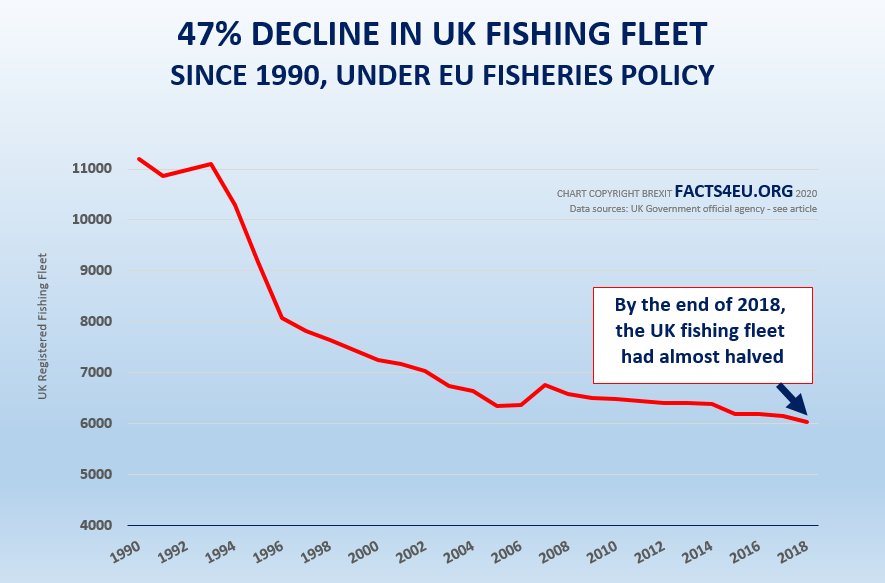
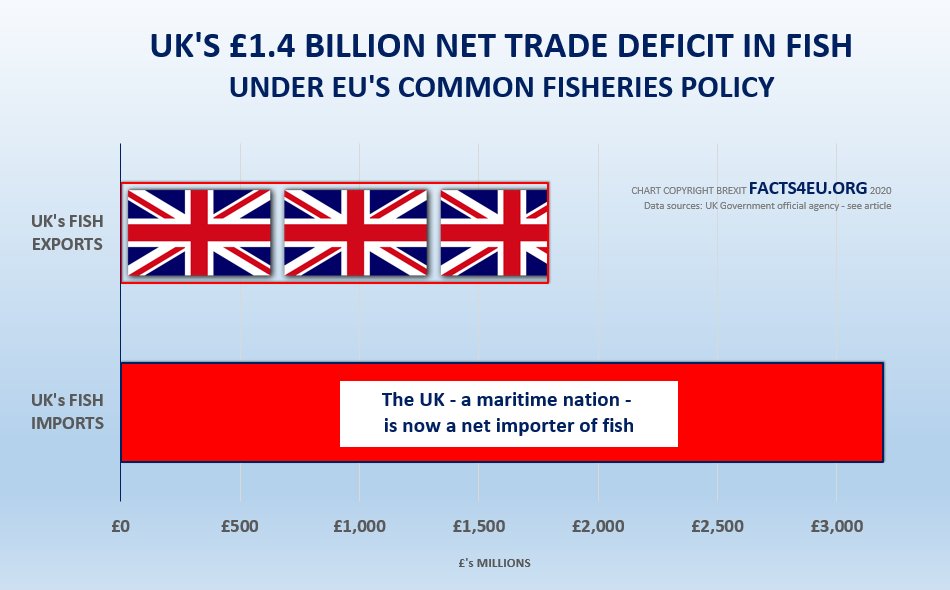


Something to say about this? Scroll down for reader comments